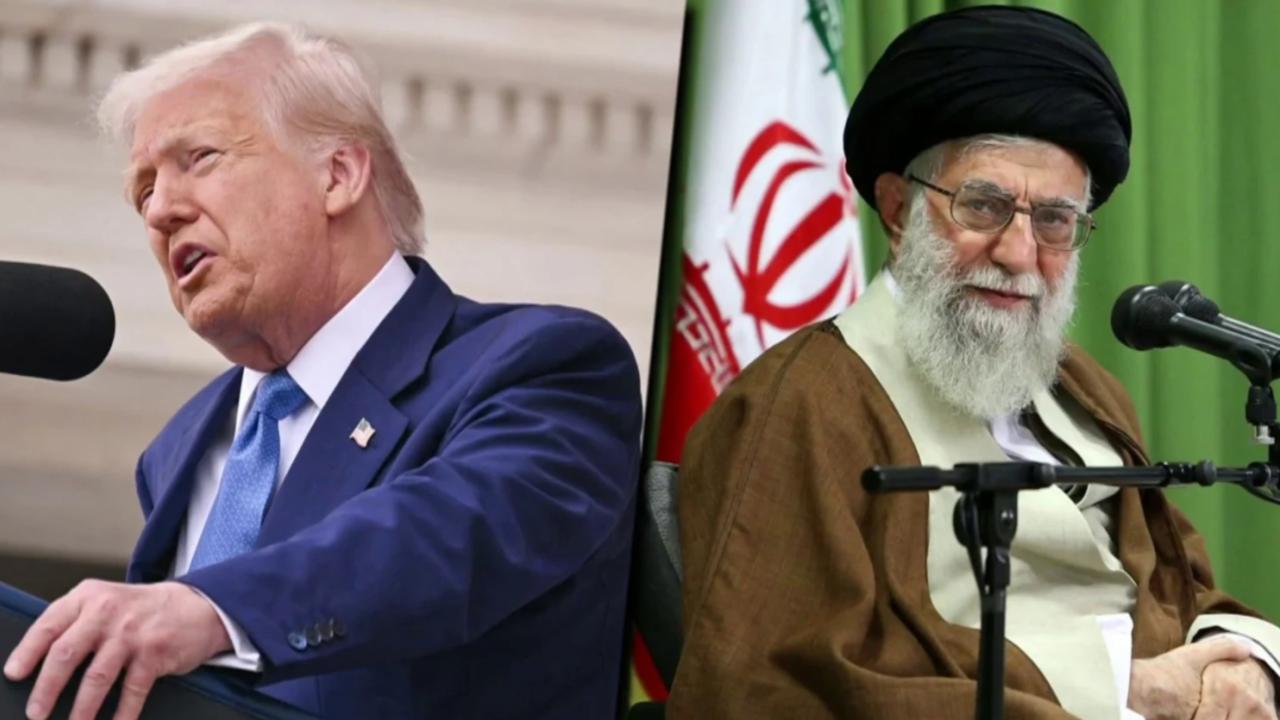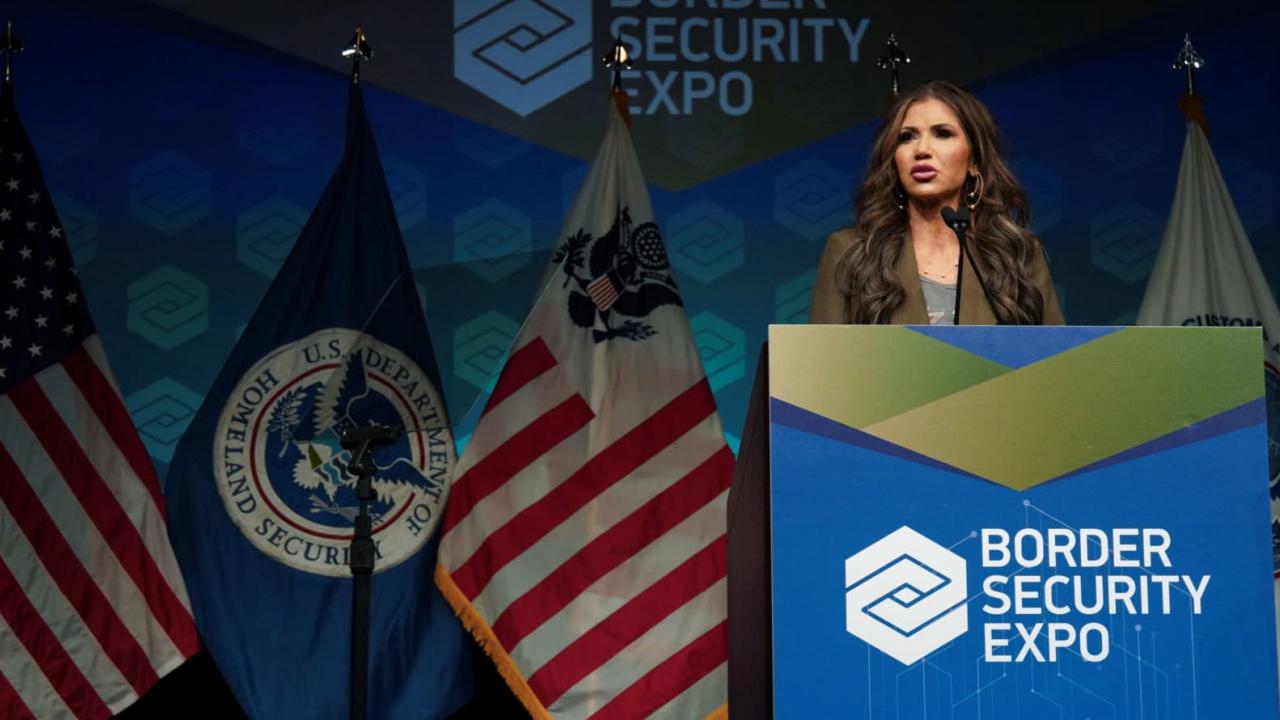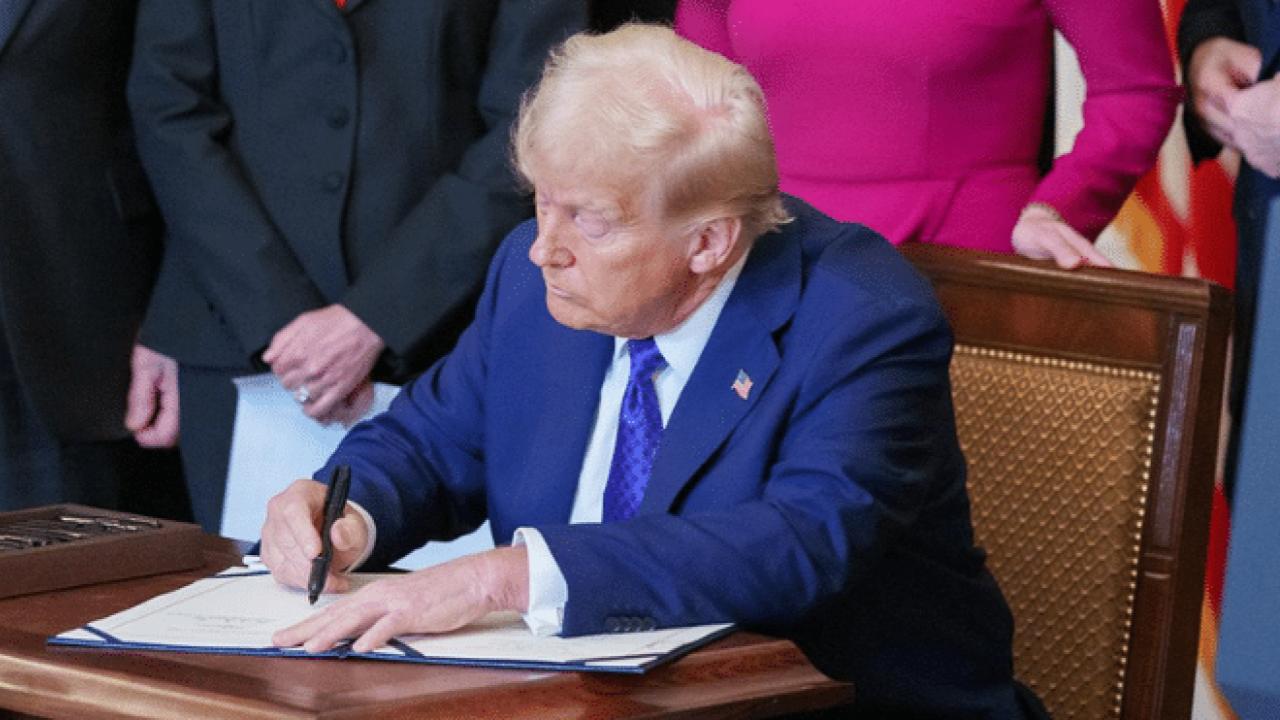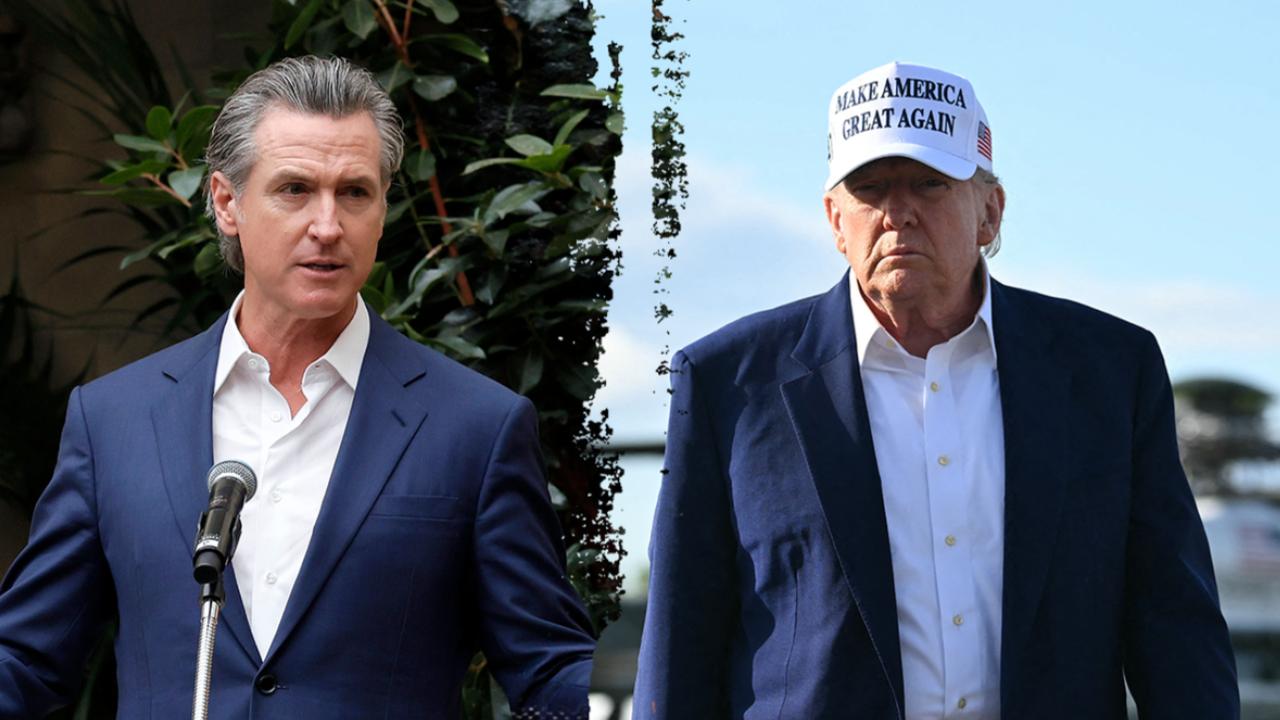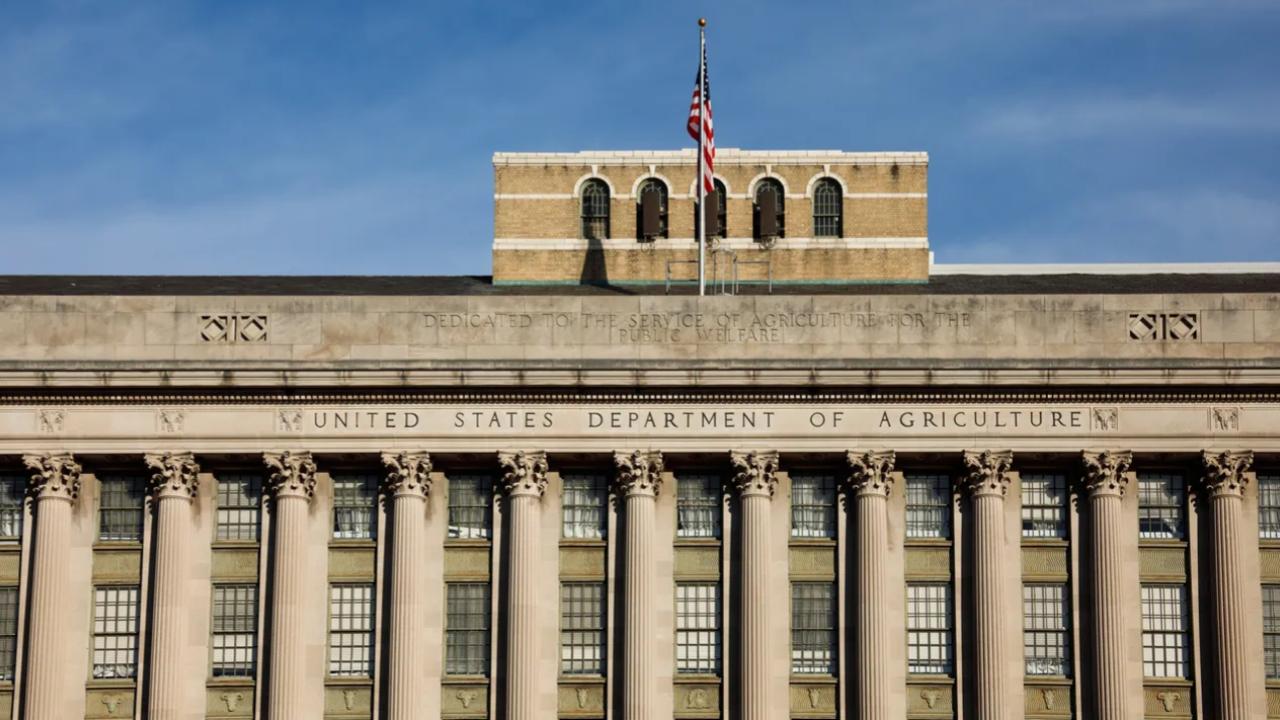President Donald Trump’s latest attempt to link immigration policy with infrastructure funding hit a wall this week. A federal judge in Rhode Island issued a preliminary injunction stopping the administration from withholding billions in transportation grants from states that don’t cooperate with federal immigration authorities.
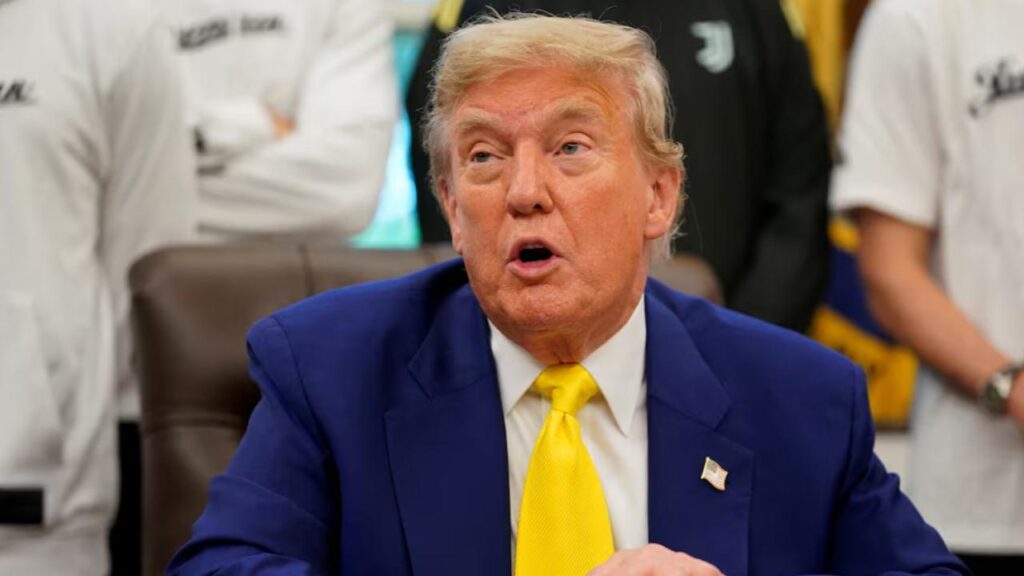
Legal Showdown in Rhode Island: Trump’s Transportation Threat
| What Happened | Key Stat or Quote |
|---|---|
| Injunction halts Trump’s transportation funding threat | “No plausible connection” between immigration enforcement and transportation |
| 20 states sued to block enforcement | States claimed the policy was “unconstitutional and coercive” |
| Judge McConnell criticized DOT’s authority | “Congress did not authorize [immigration] conditions” |
This case is more than a state-versus-president squabble—it’s a constitutional gut check on how far the White House can stretch its power. For now, at least, roads, bridges, and public transit are off-limits in Trump’s immigration tug-of-war.
What Triggered the Ruling?
Back in April, U.S. Transportation Secretary Sean Duffy sent a warning shot to states. In official letters, he said continued access to federal transportation funds—used for everything from bus fleets to airport upgrades—depended on local governments cooperating with immigration enforcement efforts.
That sparked swift backlash. Within weeks, a coalition of 20 Democratic attorneys general sued in federal court, claiming the administration was overstepping its legal authority. The heart of the dispute? Whether the executive branch can tie unrelated policy goals—like immigration—to budget items explicitly authorized by Congress for something else, like transportation.
Judge Calls the Bluff
Chief U.S. District Judge John McConnell, presiding in Providence, wasn’t convinced. In his June 19 ruling, he called out what he viewed as an overreach by the Department of Transportation.
“Congress did not authorize the executive branch to impose immigration enforcement conditions on federal dollars specifically appropriated for transportation purposes,” McConnell wrote in his opinion.
The judge also emphasized that no logical or legal link existed between public transit projects and the mission of federal immigration agencies like ICE.
As someone who’s reported on federal spending fights for over a decade, I can say this case stands out for how clearly it draws the line between congressional power and executive ambition.
A High-Stakes Political Play
Critics argued Trump’s policy was designed less for administrative efficiency and more for political pressure. California Attorney General Rob Bonta said the administration was “treating these funds like a bargaining chip,” using critical infrastructure aid to force ideological compliance.
Even during oral arguments on June 18, Judge McConnell reportedly expressed skepticism, questioning how immigration enforcement had anything to do with highways, bridges, or airport safety.
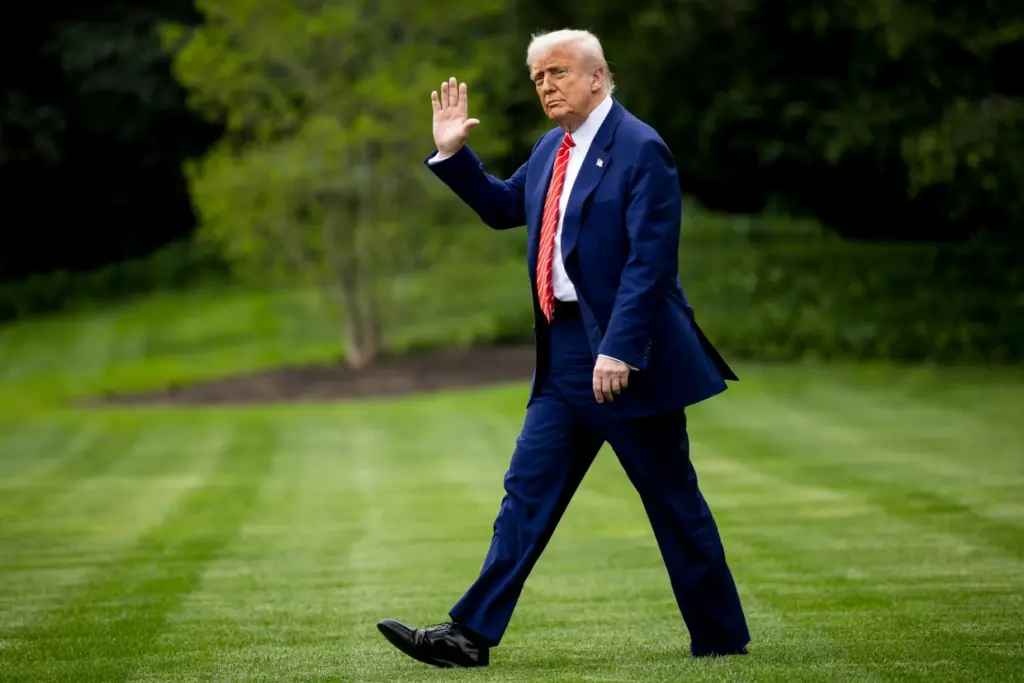
Parallel Battles and Bigger Stakes
This isn’t Trump’s first attempt to weaponize federal funding for political aims. Similar attempts to condition climate disaster aid, public health money, or education funds on compliance with unrelated federal goals have led to multiple lawsuits and court defeats.
Meanwhile, another case working its way through the Rhode Island court system challenges a related move by the Department of Homeland Security, which tried to insert immigration clauses into separate grant programs.
What Could Happen Next?
The Trump administration has already signaled it will appeal the Rhode Island injunction. If the appellate court sides with the White House, the ruling could be overturned—and the funding freeze could return.
But if the injunction stands, it might set a lasting precedent. Legal scholars say it could tighten the boundaries of what the executive branch can and can’t do when it comes to linking federal funding with policy demands that stray outside congressional authorization.
FAQs
What does the court decision mean right now?
It means the administration can’t enforce the new funding conditions while the lawsuit plays out. States can still receive their full transportation funds.
Could the administration just tweak the language to pass legal muster?
Possibly. But any new rule would face similar scrutiny. Courts would check if it truly aligns with the Transportation Department’s actual authority.
What happens if Trump wins the appeal?
The policy could go back into effect, potentially freezing or reducing funds to states not complying with federal immigration enforcement.

